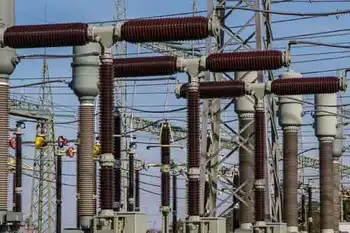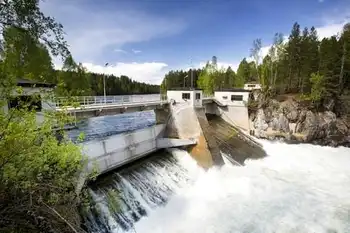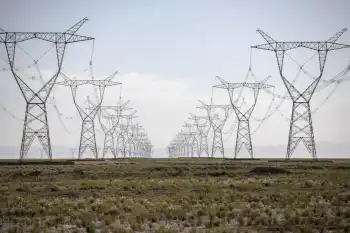Minnesota Signs Deal With Manitoba Hydro
WINNIPEG -- - The Minnesota Public Utilities Commission has unanimously approved a $1.7 billion power export deal with Manitoba Hydro.
It allows Minneapolis-based Xcel Energy to import power from Manitoba Hydro, despite the objections of aboriginal groups.
The 500-megawatt, 10-year deal was given the go-ahead.
It's an extension of an existing deal and will allow power to be exported until 2015.
Approval by Canada's National Energy Board is pending.
The Minnesota decision is a blow to the Pimicikamak Cree Nation of Cross Lake, Manitoba. They had asked the commission to first call a formal hearing into the social and economic impact of historic hydro development on their homeland.
Related News

U.S. renewable electricity surpassed coal in 2022
WASHINGTON - 2022 US Renewable Power Milestone highlights EIA data: wind and solar outpaced coal and nuclear, hydropower contributed, with falling levelized costs, grid integration, battery storage, and transmission upgrades shaping affordable, reliable clean power growth.
Key Points
The year US renewables, led by wind and solar, generated more power than coal and nuclear, per EIA.
✅ Wind and solar rose; levelized costs fell 70%-90% over decade
✅ Renewables surpassed coal and nuclear in 2022 per EIA
✅ Grid needs storage and transmission to manage intermittency
Electricity generated from renewables surpassed coal in the United States for the…




